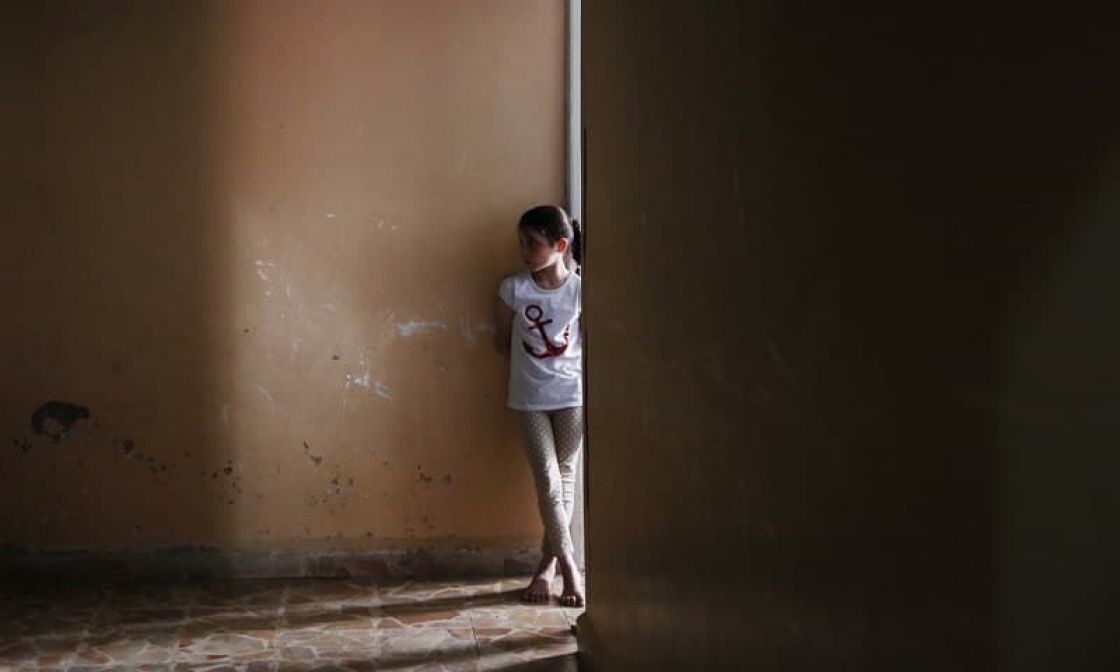- Editorials
- Posted
The Right to Self-Determination Terminology
The crux of the political proposition promoted by the extremists is that the ongoing conflict is merely a “struggle for power”. In this manner, they are trying to undermine the right of the Syrian people to self-determination, which constitutes the essence of UNSC Resolution 2254, and turn it into the “right” of the political sides to share power over the Syrian people, or the “right of the victor” among them to monopolize that power.
Resolution 2254 does not allow either of these two approaches, because it clearly defines not only the issue of consensus and the inclusive, democratic and non-sectarian transitional governance, but also the path of transition towards the new system, through a constitution and elections that are truly credible and fair. More importantly, the depth and breadth of the Syrian crisis impose the necessity of comprehensive radical change, and not just deceptive and patronizing insinuations relating solely to power.
Since 2254 does not allow for superficial and from-above approaches, it must be circumvented through, for example, the obsessive-compulsive disorder that suddenly befell some, which is the so-called “military council”. Some people repeat making this proposition without answering the two most important questions related thereto: Who will form this council? Who will give it its powers and on what basis?
The answer and the extent of how realistic it is are not what matters to those making the proposition; what matters to them is just keeping it alive as long as possible. The clear goal is to keep 2254 away from the possibilities of implementing it, possibilities that are on the rise on a daily basis, not only based on the scale of the disaster inside (which has reached a level more dangerous than the one that called for direct military assistance at the end of 2015), but also based on the rapidly deepening Western crisis, which increases the chances of the West’s compliance with implementing Resolution 2254.
Going back to the “council”, what really raises suspicion is that those who stand behind it claim that they are pushing for moving Syrians from the hands of one authority to another (coincidentally, the latter does not differ than the current authority neither in its characteristics nor in its personalities). More importantly, they set aside the all-inclusive aspect of the right of the Syrian people to self-determination.
This right includes not only the people’s choice of authority and its personalities, but also determining the nature of the country’s political system, and the nature of the socioeconomic model that should prevail, which cannot be the plundering and unproductive model currently applied in the regime and opposition areas. It also certainly cannot be the model of that portion of the opposition that disagrees with the regime only politically, while sharing its passion for Western liberalism in all its aspects.
The right to self-determination implies the country’s unity, sovereignty, and the sovereignty of its people over it. It means the effective and real transfer of power to the people in the center and the different regions, through new constitutional mechanisms. This means ending all kinds of “de facto rule” existing in all Syrian regions, in the interest of a rule inclusive of everyone in accordance with the laws and the new constitution.
The right to self-determination also means the complete withdrawal of all foreign forces from Syria and without exception, foremost the Zionist occupation forces, through the liberation of the occupied Syrian Golan as part of a comprehensive package for implementing UNSC resolutions 2254 and 242.
These different dimensions related to ending the Syrian people’s disaster that has accumulated over many decades and exploded during the last decade, are the essence of their right to self-determination, which cannot be reduced in any way to merely changing or exchanging hats, or even worse, a change and exchange of hats that is fictitious and only takes place in the media.


